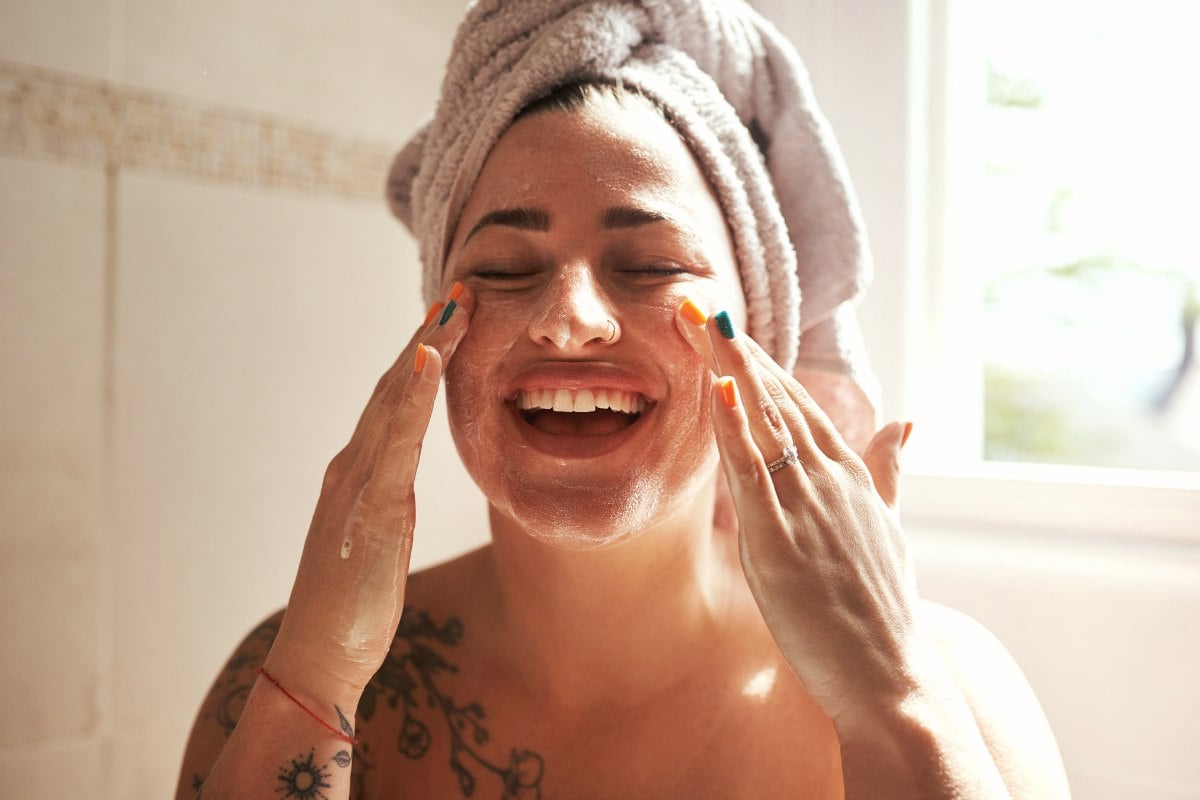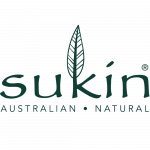

Your beauty routine shouldn’t cost the earth and nor does it have to.
But where the environment is concerned, your cleansers, shampoos, sunscreens and moisturisers don’t always just disappear once they go down the drain.
How your products are formulated and what ingredients they’re made from matter. This is especially true if your household chooses to divert its ‘greywater’ to use elsewhere, which mean using leftover water from your sinks, washing machine, shower and bath for other household uses, like watering the garden.
Even if you don’t, your skincare, body care and hair care can have a lasting impact, with certain ingredients polluting our waterways and endangering the wildlife that live in them.
The best thing we can do as consumers is to learn exactly what ingredients to avoid, and make eco-friendly switches to brands like Sukin, which put the environment front of mind.
Here are five common beauty ingredients to be wary of, and some simple changes you can make.
1. Microbeads.
The adverse effects of using microbeads are well-documented. Used in rinse-off products like cleansers and exfoliators, they’re made from small plastic particles that are less than 5mm. This also means that once they go down the drain they stick around and for a long time too.
Not only can the plastic microbeads absorb other organic pollutants (like pesticides and motor oil), these tiny beads are then eaten by fish (and yes, the kind we eat too) which in turn also absorb the toxins. It’s a vicious cycle.
Top Comments
Nice advertising pretending to be an "article".